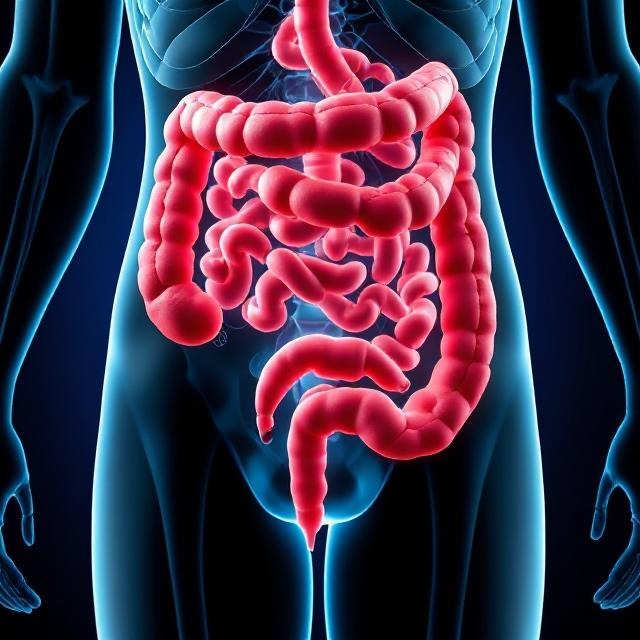Irritable Bowel Syndrome (IBS) is a common digestive disorder affecting millions of people worldwide.
It is characterized by abdominal pain, bloating, gas, and irregular bowel movements.
While IBS is not a life-threatening condition, it can significantly impact the quality of life. One of the most effective ways to manage IBS symptoms is through dietary modifications.
This article will provide a comprehensive guide on irritable bowel syndrome, its causes, symptoms, and an irritable bowel syndrome diet to help improve digestive health.

Irritable bowel syndrome (IBS) is a chronic gastrointestinal disorder that affects the large intestine. Unlike other digestive conditions, IBS does not cause inflammation, ulcers, or permanent damage to the intestines. However, it leads to persistent digestive discomfort and can interfere with daily activities.
The exact cause of irritable bowel syndrome is still unknown. However, several factors contribute to its development:
Abnormal Gut Motility – Irregular muscle contractions in the intestines can cause diarrhea or constipation.
Increased Gut Sensitivity – People with IBS may have a heightened response to gas and stool movement.
Imbalance in Gut Microbiota – Changes in gut bacteria can trigger IBS symptoms.
Stress and Anxiety – Psychological stress can exacerbate IBS symptoms.
Food Intolerances – Certain foods can trigger digestive distress in people with irritable bowel syndrome.
The symptoms of irritable bowel syndrome vary from person to person, but common signs include:
Abdominal pain and cramping
Bloating and excessive gas
Diarrhea, constipation, or alternating between both
Mucus in the stool
A feeling of incomplete bowel movements
A well-balanced irritable bowel syndrome diet can help manage symptoms and improve digestion. Here are some recommended foods:
Low-FODMAP Foods – The FODMAP diet reduces fermentable carbohydrates that cause gas and bloating.
Lean Proteins – Chicken, turkey, fish, and eggs are easy to digest.
Fiber-Rich Foods – Soluble fiber in oats, bananas, and carrots helps regulate bowel movements.
Probiotic-Rich Foods – Yogurt and kefir promote a healthy gut microbiome.
Hydrating Fluids – Drinking plenty of water prevents constipation.
Certain foods can trigger irritable bowel syndrome symptoms, including:
High-FODMAP Foods – Garlic, onions, beans, and dairy products can worsen symptoms.
Spicy Foods – Can irritate the digestive tract.
Processed Foods – Contain artificial additives that may disrupt digestion.
Caffeinated Beverages – Coffee and soda can stimulate the intestines and worsen diarrhea.
Alcohol and Carbonated Drinks – May cause bloating and gas.
In addition to following an irritable bowel syndrome diet, these lifestyle changes can help:
Manage Stress – Meditation and yoga can reduce IBS symptoms.
Regular Exercise – Physical activity promotes healthy digestion.
Adequate Sleep – Helps regulate bowel movements.
Mindful Eating – Chewing food properly improves digestion.
Keep a Food Diary – Identifies triggers and helps personalize an irritable bowel syndrome diet.
Managing irritable bowel syndrome requires a combination of dietary changes, lifestyle modifications, and stress management. By following an IBS diet and avoiding trigger foods, individuals can significantly reduce symptoms and improve gut health. If symptoms persist, consulting a healthcare professional is essential for a personalized treatment plan.
At RAKO Health, we are dedicated to supporting you at every stage of your health journey.

WhatsApp us